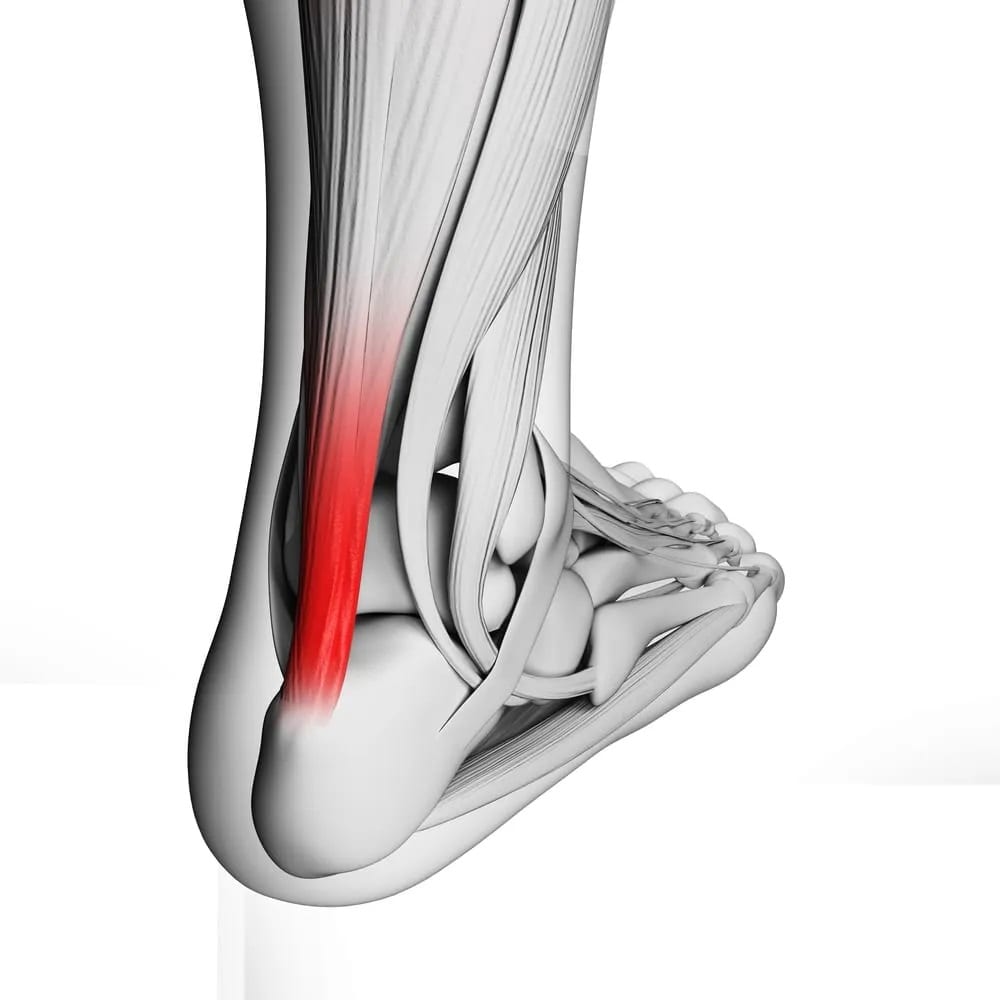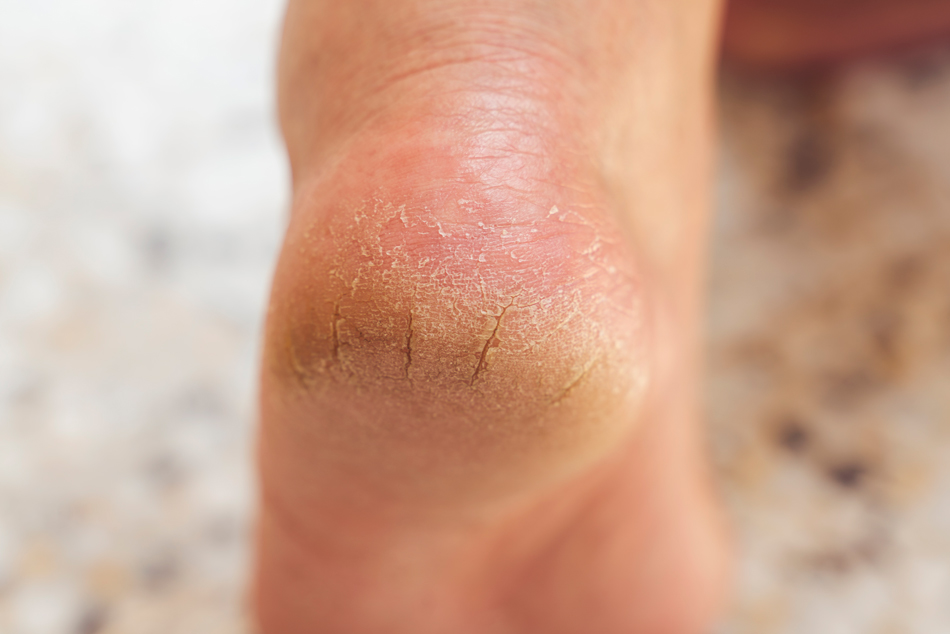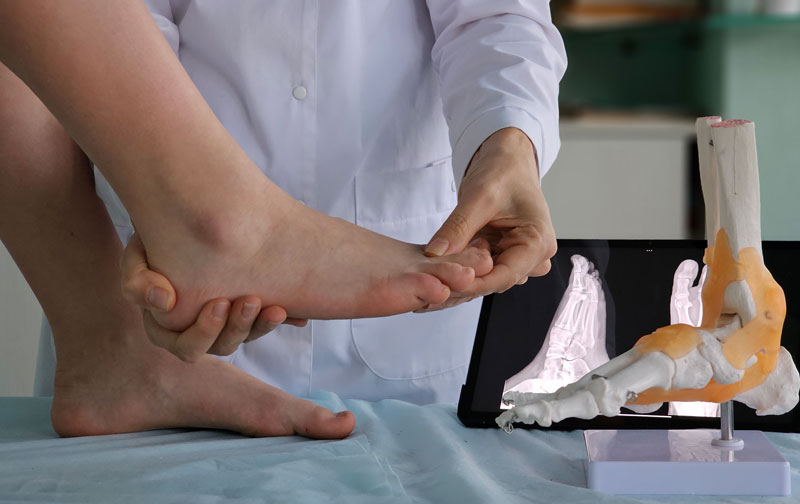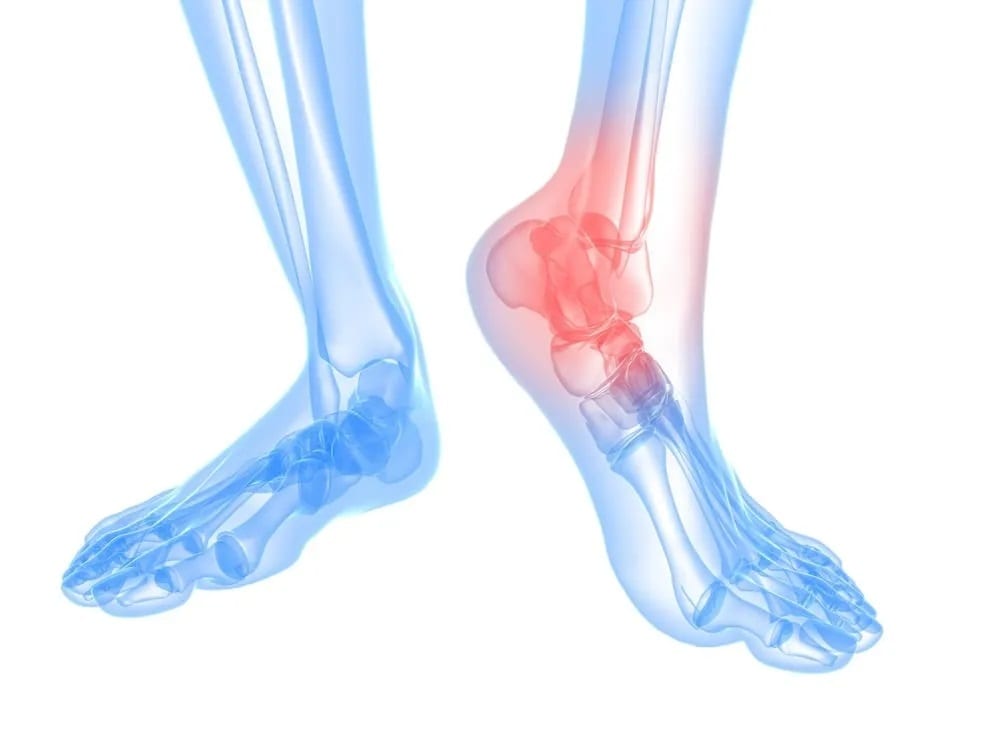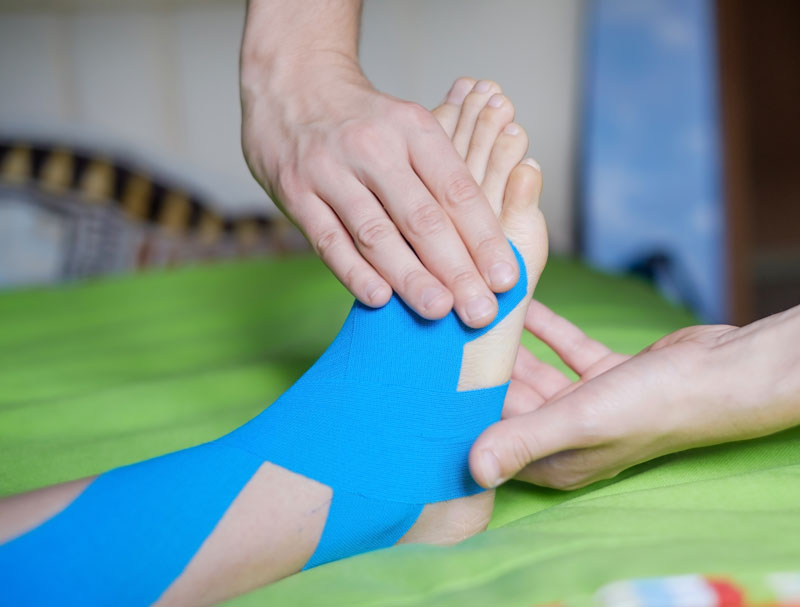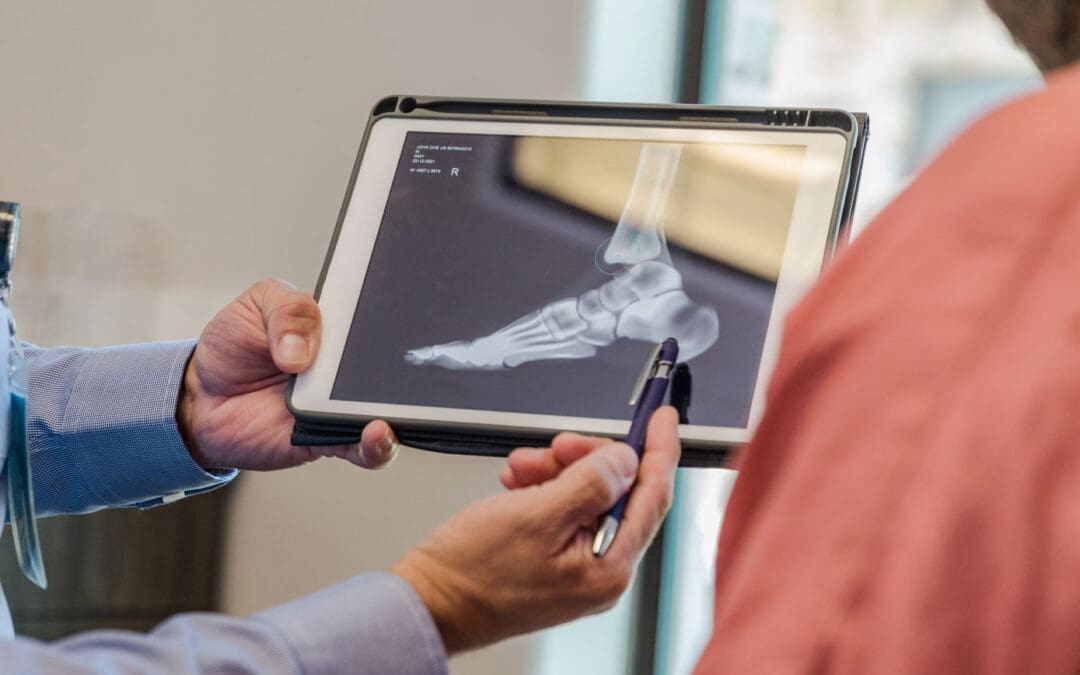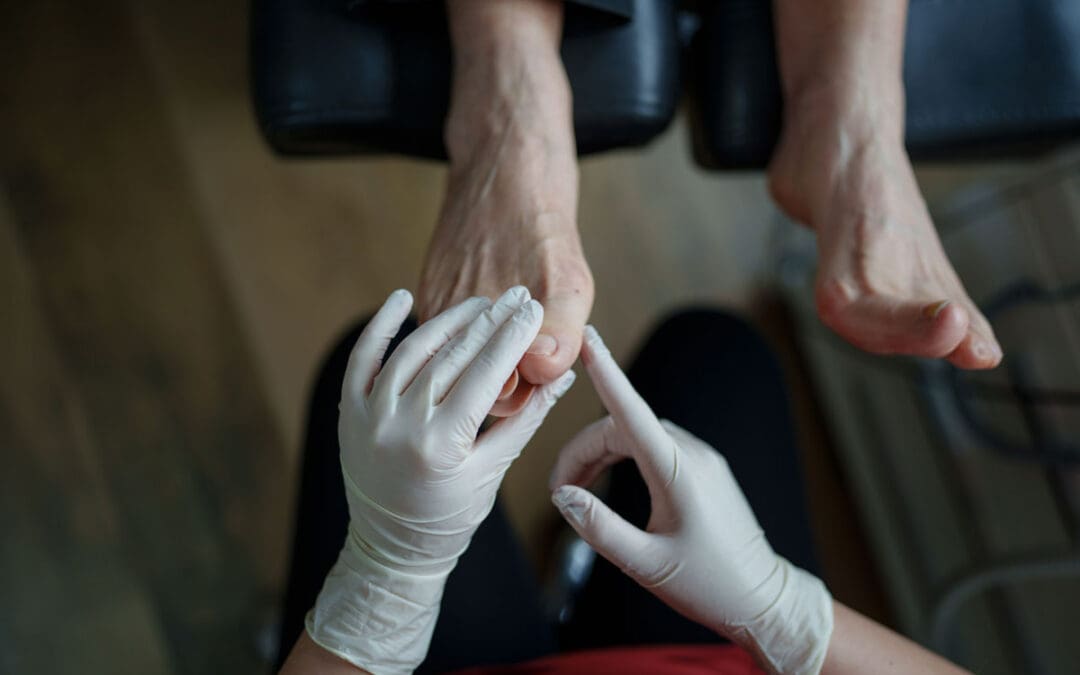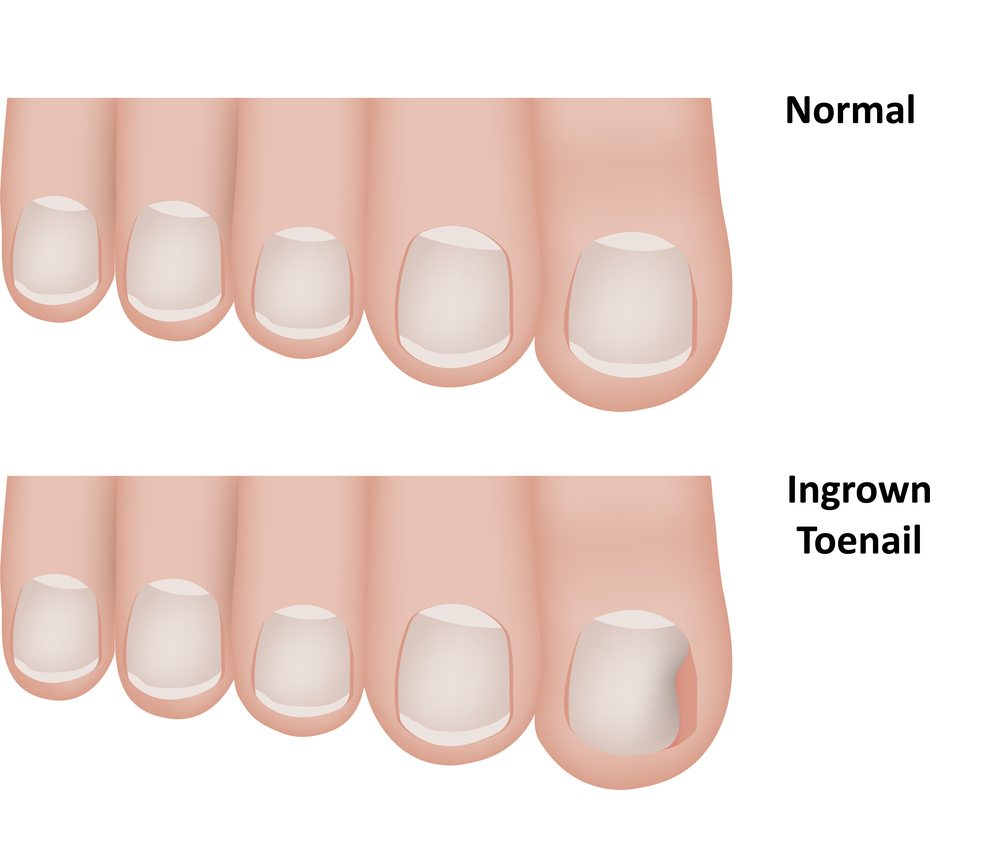The tendons are special tissues that connect the bones to the muscles. When tendons are put under repetitive stress or suffer a direct injury, they may become inflamed or begin to break down. This can lead to pain and limited mobility in the affected area. Tendonitis can affect nearly any tendon in the body, including the knees, elbow, hips and shoulder.
Did you know…
the most common risk factor for tendonitis is age? Though the condition can affect anyone, tendonitis is most often found in men and women over the age of 40, as well as athletes who participate in activities like skiing, golfing, tennis or baseball. Some occupations and hobbies, such as gardening, painting and styling hair may also increase the risk factor for developing tendonitis.
Frequently Asked Questions
What are the symptoms of tendonitis?
You may have tendonitis if you experience sudden and severe pain near a tendon caused by an injury. Tendonitis may often cause gradual pain that worsens over time – perhaps due to repetitive motions. Tendonitis in the shoulder may cause a loss of motion, which is also referred to as ‘frozen shoulder’.
What should I do if I suspect I have tendonitis?
If you think you may have developed tendonitis, administer immediate treatment using the acronym, ‘RICE’, which stands for rest, ice, compression and elevation. Then, contact your podiatrist to schedule an appointment.
What types of treatments are available to treat tendonitis?
Not all people with tendonitis require medical treatment. However, those who do may benefit from steroid injections, which help reduce inflammation and temporarily relieve pain. Physical therapy may also be beneficial for restoring lost mobility and range of motion. Tendonitis may persist for many weeks before fully improving. In rare cases, surgery may be required, but only when symptoms have not responded to more conservative treatments.

